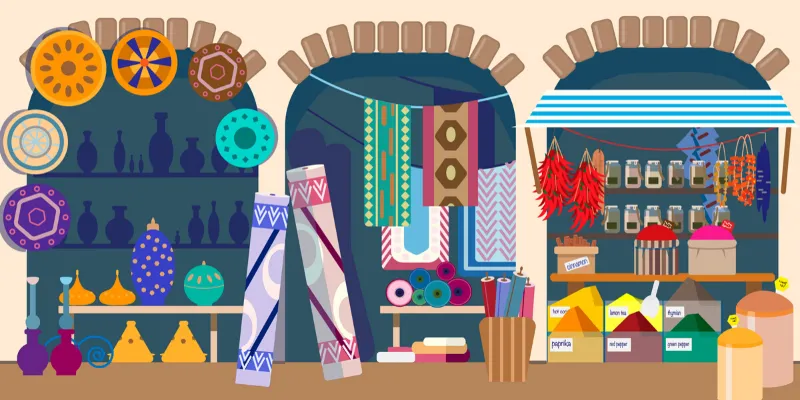Battered by COVID-19, MSMEs need to overcome these challenges to survive and thrive
MSMEs, the backbone of India's economy, have been struggling amid the onslaught of COVID-19. Taking these challenges head-on can help them survive and thrive amidst the uncertain climate.
The Indian MSME sector has been battered by the COVID-19 pandemic, with millions of businesses across different sectors seeing extensive economic devastation.
The sector was under stress even before the pandemic, with challenges such as delayed payments, over-dependence on few customers, and lack of a skilled workforce. The pandemic has broken MSMEs’ back, and the biggest challenge now is survival.
MSMEs are the backbone of the national economy. With around 63.5 million units across India, they contribute around 6.11 percent of the manufacturing GDP, 24.69 percent of the GDP from service activities, and 34 percent of India's manufacturing output.
They provide employment to around 120 million people and contribute around 45 percent of the overall exports from India. The sector has consistently maintained a growth rate of over 10 percent.
One-fifth of these MSMEs are based out of rural areas. This also indicates the role they play in promoting sustainable and inclusive development, and generating large-scale employment in rural areas.
However, they face multiple challenges. Addressing a few of these challenges will ensure that these businesses remain competitive, relevant, and grow.
Availability of talent
The most critical challenge for MSMEs is attracting, retaining, and developing talent. For the importance of the right talent can’t be undermined. Most MSME owners agree that for business to be consistently successful and grow, the ability to attract high performing talent is vital.
The reasons for not being able to attract good talent are lack of opportunities for career progression, and lack of empowerment, micro management, and freedom by the owner. MSME business owners must attract the right people at the right time and put in place structured processes to manage them.
Missing accountability
Most MSMEs are not performance driven. Positions are often filled by relatives, friends, or low budget employees. Loyalty is more important than merit for most business owners, with family dynamics playing an important role. These relationships mean forward-looking performance improvement discussions do not happen and complacency and lack of accountability sets in.

Low productivity
All employees are either rewarded or not rewarded equally, which leads to a feeling of “not being heard or understood” in employees. Inequality in terms of salaries, benefits, and growth is unfair and adversely impacts engagement, retention, and productivity.
Over time, it also impacts the organisation’s image and makes it difficult to attract the right talent. This challenge can be overcome by clearly defining expectations from the role and the role holder. Ensuring Key Result Areas and Indicators (KRAs and KPIs) are explained and understood can help.
The business owner must make the process robust, exhibit patience, and support employees to establish a system where the grain can be separated from the chaff.
Centralised decision-making
Another challenge is that MSME business owners rely on people who have been with them for long, whether or not they have the required expertise or knowledge.
Decision-making is centralised and often slow. The lack of delegation of authority for decision-making is perceived as a lack of trust by employees. This can be solved by empowering employees based on hierarchy levels. The business owner must ensure that employees have the required decision-making skills and training needed.
This ensures that the knowledge pool grows, dependence on a few people is reduced, and a new pipeline of decision-making leaders is readied.
Talent development
This is often the lowest priority for most MSME business owners, but is critical for the continuity of the business, its growth and success. Creating and developing talent for the next stage of growth can create a new breed of leaders, who can successfully manage, lead, and grow the business.
The talent development intervention must be designed with insights from a 360-degree assessment, psychometric tools, and coaching to provide an all-inclusive intervention that is highly customised.
Despite the coronavirus-led setback, there are immense opportunities for the Indian MSME sector to grow and thrive. All they need to do is to adopt changing trends and plan for the future.
Edited by Teja Lele
(Disclaimer: The views and opinions expressed in this article are those of the author and do not necessarily reflect the views of YourStory.)









